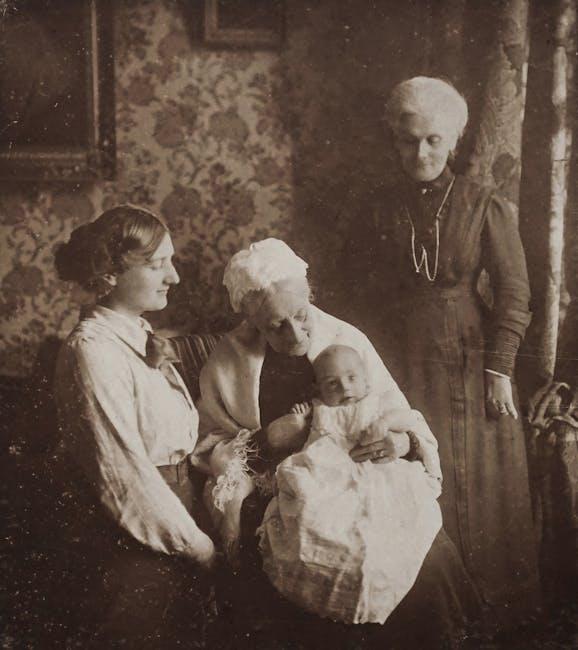1 in 3 Kids Has Dental Problems, Poll Finds – U.S. News & World Report
Recent findings from a U.S. poll have revealed a startling reality: one in three children in America faces dental problems. This statistic brings to light the urgent need for awareness, preventive care, and proper dental hygiene practices among parents and caregivers nationwide. In this comprehensive article, we dive deep into what the poll found, explore common dental issues in kids, share practical dental health tips, and stress the importance of early intervention.
Understanding the Poll Results
The poll, conducted by health experts and reported by U.S. News & World Report, surveyed thousands of parents across the United States. Its key finding—nearly 33% of children suffer from dental problems such as cavities, gum disease, or tooth sensitivity. The scope of the poll emphasized how common and widespread pediatric dental health issues are, even in today’s age of advanced dental care.
Key Dental Problems Identified in Kids
- Cavities (Tooth Decay): The most prevalent issue, caused primarily by poor oral hygiene and high sugar consumption.
- Gingivitis: Early gum disease characterized by redness, swelling, and sometimes bleeding gums.
- Enamel Erosion: Wear of the tooth’s protective surface due to acidic foods/drinks or bruxism (teeth grinding).
- Tooth Sensitivity: Pain or discomfort in teeth in response to hot, cold, or sweet stimuli.
Why Are Dental Problems So Common Among Children?
Several factors contribute to the high rate of dental issues in children:
- Inadequate Daily Oral Hygiene: Kids may skip brushing or do it improperly, missing plaque buildup.
- Poor Dietary Habits: High consumption of sugary snacks and drinks promotes tooth decay.
- Limited Access to Dental Care: Socioeconomic barriers prevent many families from visiting dentists regularly.
- Lack of Awareness: Parents and caregivers may underestimate the importance of early dental care.
The Impact of Dental Problems on Children’s Overall Health
Dental health is deeply connected to a child’s overall wellbeing. Left untreated, dental problems can lead to:
- Pain and discomfort affecting eating, speaking, and sleeping.
- Absenteeism from school due to dental pain or infections.
- Developmental problems impacting permanent teeth.
- Lowered self-esteem and social challenges due to appearance or bad breath.
Dental Problems in Kids: Poll Summary Table
| Dental Problem | Percentage of Kids Affected | Main Causes |
|---|---|---|
| Cavities (Tooth Decay) | 28% | High sugar intake, poor brushing |
| Gingivitis | 15% | Plaque buildup, poor flossing habits |
| Enamel Erosion | 9% | Acidic foods, teeth grinding |
| Tooth Sensitivity | 7% | Enamel wear, cavities |
Benefits of Early Dental Care for Kids
Investing in early dental health can offer numerous benefits such as:
- Preventing Pain and Infections: Early detection and treatment avoid prolonged discomfort.
- Saving Costs: Preventive measures reduce the need for costly restorative procedures later on.
- Building Healthy Habits: Teaching good oral hygiene early fosters lifelong healthy routines.
- Improving Confidence: Healthy smiles boost social interactions and self-esteem.
Practical Tips for Maintaining Your Child’s Dental Health
Parents and caregivers play a pivotal role in nurturing good dental care. Here are expert-backed tips to keep your child’s teeth healthy:
- Start brushing as soon as the first tooth appears using a child-sized toothbrush and fluoride toothpaste.
- Brush at least twice daily, especially before bedtime.
- Introduce daily flossing once two teeth touch.
- Limit sugary foods and beverages; encourage fresh fruits, vegetables, and water instead.
- Schedule regular dental check-ups every six months beginning at age one or when the first tooth erupts.
- Lead by example: brush and floss with your child to make oral hygiene fun and effective.
Case Study: How One Family Turned Around Their Child’s Dental Health
Jessica, a mother of two from Ohio, shared how her youngest son’s recurrent cavities forced her family into action. Initially unaware of the importance of early dental care, Jessica began implementing daily brushing routines, cut back on sugary snacks, and made regular visits to the dentist a priority. Within a year, her son’s dental issues improved dramatically, avoiding further decay and pain.
“It’s amazing how small changes have made such a difference,” she said. “Now, my kids understand why caring for their teeth matters.”
First-Hand Experience: What Pediatric Dentists Recommend
Leading pediatric dentists emphasize early intervention:
“We cannot stress enough the importance of starting dental care early,” says Dr. Emily Rodriguez, a pediatric dentist in New York. “Parents should treat baby teeth with the same care as permanent ones. A strong foundation ensures healthier smiles for a lifetime.”
Conclusion
The U.S. poll revealing that 1 in 3 kids has dental problems serves as a wake-up call for parents, guardians, and healthcare providers alike. Pediatric dental health is not just about aesthetics—it is vital to a child’s overall growth, confidence, and quality of life. By understanding common dental issues, embracing preventive care, and seeking timely professional help, families can safeguard their children’s smiles for years to come. Remember, healthy habits start young and can change the future of dental health for the better.
Take action today: Schedule your child’s next dental appointment, encourage regular brushing, and foster healthy eating habits. Together, let’s give children the gift of a healthy, beautiful smile!


